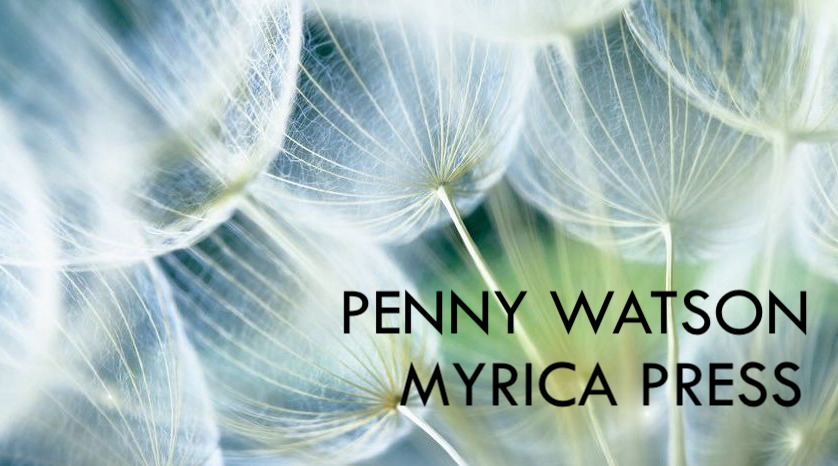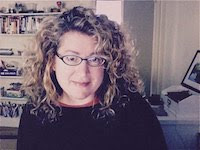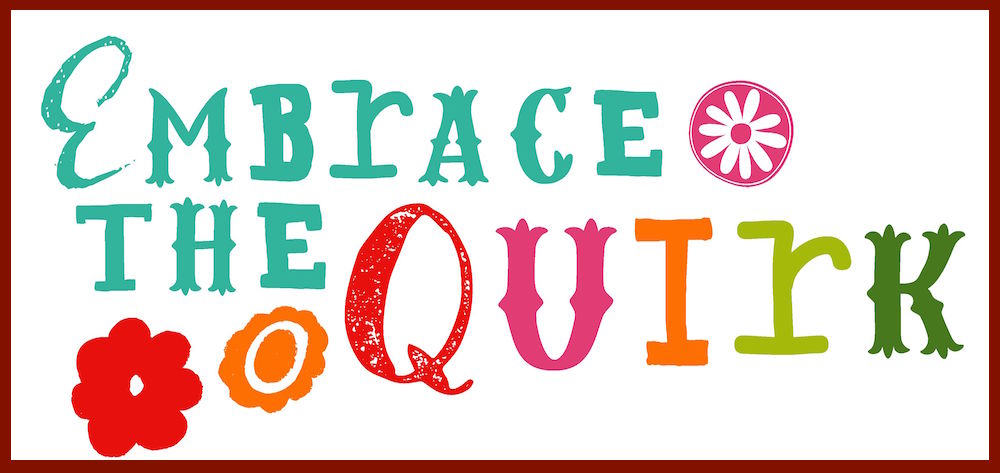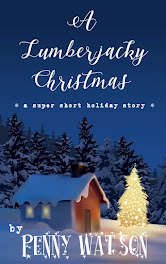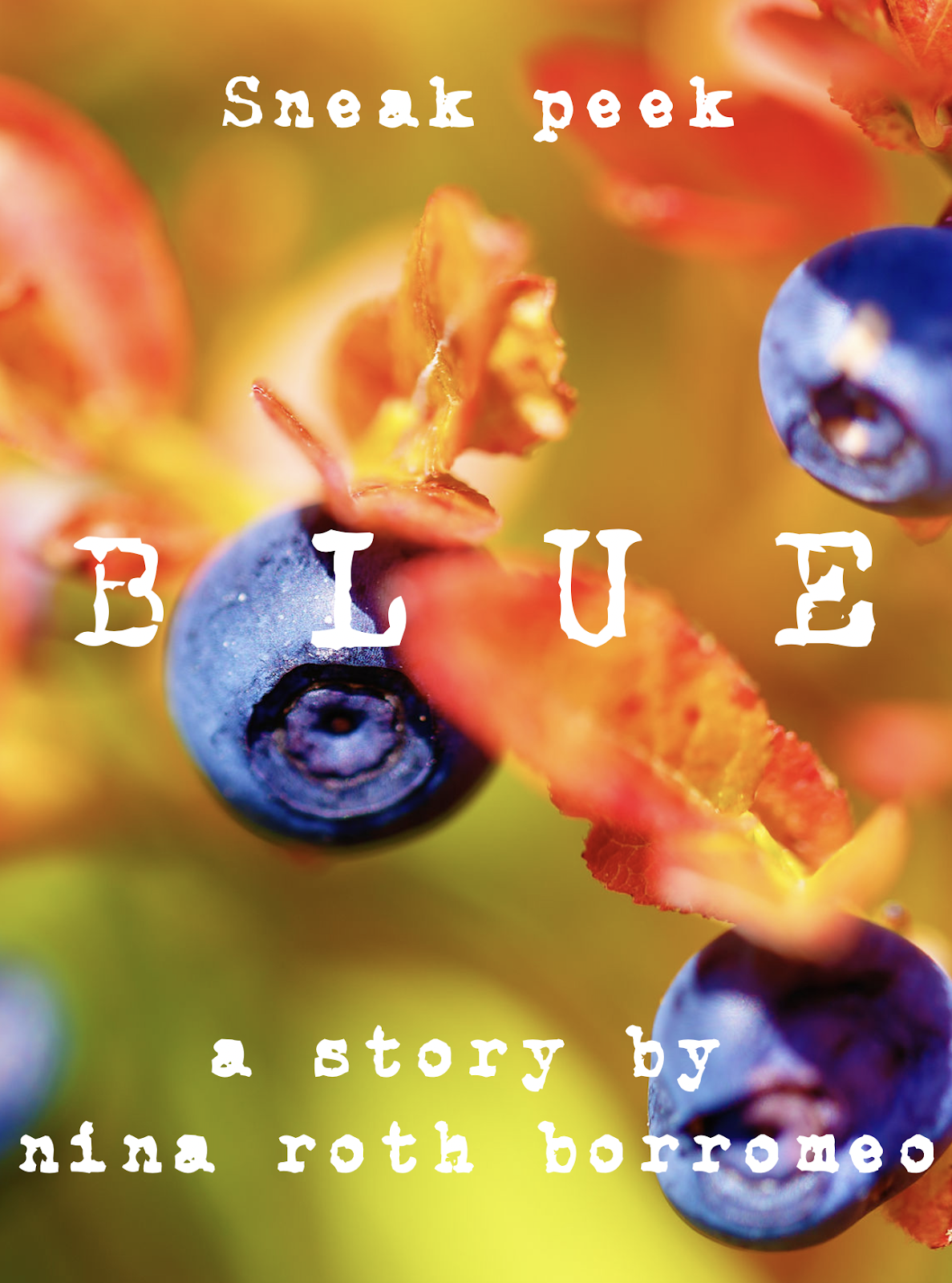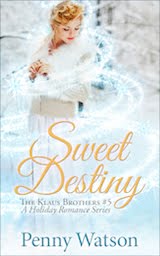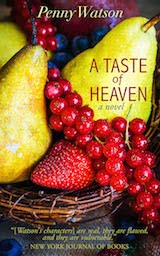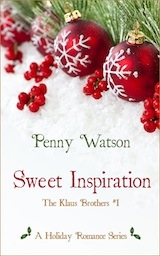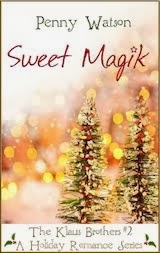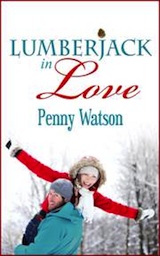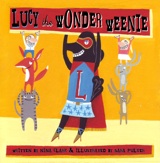Thursday, February 21, 2019
From the Writing Cave: Observations About Genre Limitations
Personal observation for the week...
What is the most liberating part of switching from the romance genre to other types of fiction?
(At the moment, I'm working on horror, paranormal fiction, and YA fiction).
Creating truly flawed characters, not heroes.
If you ask a reader or author of romance what is the most important rule--unbreakable, sacred--they will most likely answer...
HAPPY ENDINGS!
As a writer of romance, I never found the happy ending to be a limitation. I generally gravitate to what I like to call "optimistic fiction" whether it's romance or not.
The insistence of a happy ending puts limits on plot.
But to be honest, my struggles with the romance genre had to do with CHARACTER not PLOT.
When the characters are defined as "HERO" and "HEROINE" there are expectations that squeeze them into a box.
When you try to break out of that box--Tom in APPLES SHOULD BE RED is 62, a chain-smoker, borderline alcoholic, coarse with language and manners, rude, judgmental--there might be push-back.
I discovered something important with that book.
There is a difference between...
1. CHARACTER WITH HEROIC QUALITIES
2. HERO
That's not to say that all heroes in romance are the same. Sure, plenty of them have gorgeous physiques, but there are others with flaws who are less than perfect. Likewise, not all romance heroes are good guys, but all of them have a character arc that shows growth and courage over the course of the book.
I have seen readers complain that heroes/heroines in romance were not "likable." If you are not rooting for the H/h to get together and have a happy ending, a romance fails.
What happens when you get to write a "character" instead of a "hero?"
You gain the freedom to create a real person who may be extremely unlikable. Likability is not a prerequisite for all fiction, as we know.
I'm working on a horror novel right now.
Not gonna lie. The freedom to create a truly flawed character--with darkness, jealousy, cruelty--is absolutely delicious.
Of course, "real" characters may also exhibit heroic elements and some sort of growth arc over the course of the novel.
But knocking the character off that romance pedestal is a freakin' breath of fresh air.
This isn't meant as a criticism of the romance hero. In fact, I have issues with "dark" romance where the "hero" is someone who kidnaps, tortures, and rapes the "heroine." IMO, not heroic behavior.
I also have issues with cheating in romance. I don't want my romance hero to cheat on his partner. But I'm totally fine with that in a mystery, thriller, lit fiction.
My point is that creatively speaking, the ability to create a character vs. a hero opens up a whole new world for a writer.
It's fun.
And creepy (horror novel!)...
And not knowing if the character has good/heroic qualities until the bitter end adds a nice element of suspense that we don't get to play with in the romance genre.
So...yeah. I'm enjoying this.
For a sneak peek of LITTLE SHADOW MAN, here's a snippet I posted.
Writer Friends: What is your opinion about this? Do you enjoy creating heroes and that corresponding character arc? Do you like creating unlikable characters with or without redemption?
What's the most fun, challenging, interesting approach for you as a writer?
Let's chat!
All my best,
Nina/Penny
Tuesday, February 5, 2019
Creating Treasure
I love it when something changes my perspective on a certain topic.
Looking at things from a different point of view is a way to learn, grow, and change.
Recently, I had two separate events in my life that opened up my eyes about writing and publishing.
One was meeting a woman who wrote her memoir.
The other was expanding my "friends" on social media to include authors of nonfiction, poetry, kiddy lit, mysteries, thrillers, women's fiction, horror, literary fiction, and more.
After fifteen years of being totally immersed in genre fiction and the current indie publishing model--write fast, crank out a book every three months, follow trends, write to market, write a series, etc--it was refreshing to get a different point of view about the publishing world.
There are myriad approaches to writing and models for publishing.
Some folks write ONE book in their lifetime.
ONE.
Just one.
Crazy?
I met a lovely woman at a book-signing who was selling her memoir. She was bubbling over with enthusiasm about her book. She'd scheduled talks at libraries, bookstores, and for groups that were appropriate for her topic.
When I asked what she was currently working on, she answered, "No other books. This is it for me. My story."
I was flabbergasted.
No other books?
She had written her story. It was her own personal literary treasure.
It didn't lose value after three months. It didn't lose relevancy. She wasn't worried about cranking out a book every ninety days, and fretting that readers would forget about her.
Her book had a unique title and cover and story because it was her personal treasure.
It wasn't disposable. It was written to have long-term value. To be durable, special.
Some were focused on language, emotion. Their goals included being published in literary magazines and winning awards.
Some reached out to people with shared interests and concerns about the world around them.
Some were focused on bestseller lists and marketing plans.
I noticed a difference in the way the books were discussed and treated.
Some had longevity, timelessness.
Some seemed generic, with similar covers, titles, and blurbs.
I discovered that I LOVE poets. They respect language. They respect each other. They're all about authenticity.
I met people who promoted their books in a professional, non-aggressive way. And others who don't know that messaging a "new" friend with a spam promo is off-putting.
I came to this conclusion. There is room for everyone...
...The folks who focus on productivity and speed and commercial success.
...The folks who choose to create one treasure in their lifetime.
...Writers who concentrate on language and quality and recognition for that.
...People who teach and connect.
...And many more. An infinite number of possibilities.
Most importantly, any kind of book can have longevity and durability.
Think about a favorite dog-eared cookbook.
Non-fiction, genre fiction, literary fiction.
Any kind of book can be timeless treasure with a long shelf-life.
That's a good goal for all writers, of all types. To create treasure for our readers.
Off to write,
Penny/Nina
Subscribe to:
Posts (Atom)
